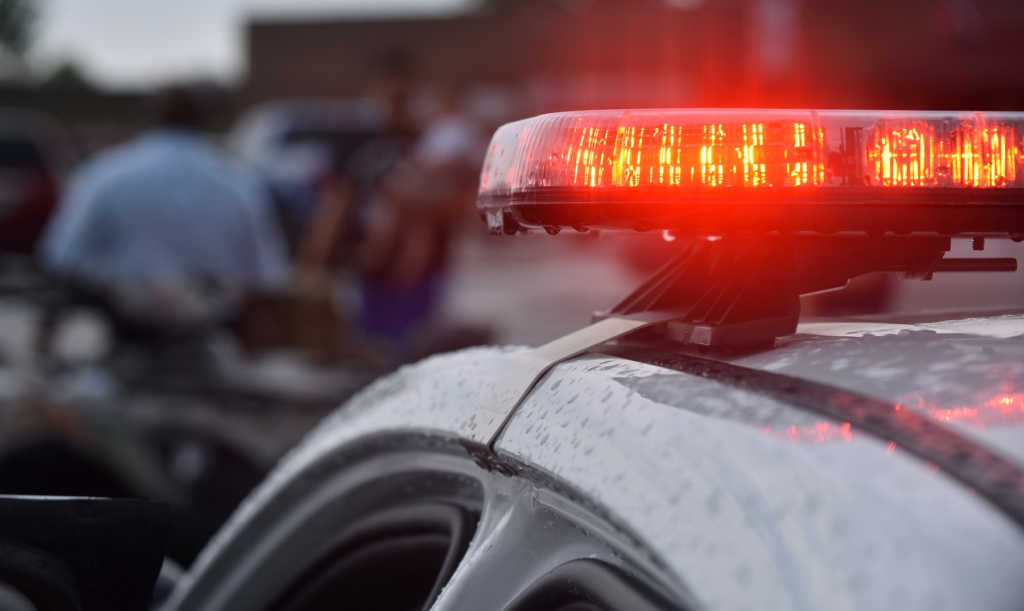By: Gary Lane
Protesters around the country turned out in large numbers over the weekend, demanding an end to police brutality and proposing change. But critics are already questioning – and in some cases pushing back — against proposals to defund the police.
GET MORE: Original commentary, in-depth coverage, interviews HERE
In Minneapolis, members of the city council gathered with a group of peaceful protesters at Powderhorn Park where they promised to bring change to the toxic relationship with police in their city.
Ninth Ward Councilwoman Alondra Cano told the crowd, “We’re going to create a fear-free future where every life is truly protected and respected.”
Nine members of the Minneapolis City Council have vowed to defund the city’s police department. They say years of racism and mistreatment of minorities – culminating in the suffocation death of George Floyd – have led to this moment.
And it’s not only happening in Minneapolis. In New York City, Mayor Bill de Blasio is proposing police reform, shifting funds away from the NYPD.
“I want to make a statement in principle right now that we will be moving funding from the NYPD to youth initiatives and social services,” de Blasio insisted.
Appearing on CNN’s State of the Union Sunday, Housing and Urban Development Secretary Ben Carson opposed the nationwide movement to defund police.
“Think about the consequences, you want to abolish police, are you kidding me? What happens if you do that? Everybody goes out and arms themselves they start hiring vigilante groups to protect them. We have total chaos going on. You know, that makes absolutely no sense,” Carson explained.
On Meet The Press Alicia Garza, the founder of the Black Lives Matter movement said defunding police means shifting priorities and limiting the size, scope, and scale of policing–-because millions of Americans are concerned about not having the resources to live well.
“What we do need is increased funding for housing, we need increased funding for education, we need increased funding for quality of life of communities that are over-policed and over surveilled,” Garza explained. “Why can’t we start to look at how we reorganize our priorities so people don’t have to be in the streets protesting during a national pandemic?”
Appearing on the Kojo Nnamdi radio show, Washington, DC Police Chief Peter Newsham cautioned lawmakers to be very careful moving forward.
“The number one thing that contributes to excessive force in any police agency is when you underfund it,” Chief Newsham explained.
“If you underfund a police agency, that impacts training, that impacts hiring, that impacts your ability to develop good leaders, thoughtful leaders.”
Democrats in the House are proposing new legislation, which would make it easier to prosecute police accused of violating civil rights. Critics say it is aggressively anti-police and it is certain to receive resistance from Republicans and police groups.
Around the country, violent protests are lessening and even the National Guard is leaving Washington, DC, where protesters on Sunday turned to prayer, seeking God to bring justice and calm to a nation in need of peace.
There were similar scenes in other parts of the nation.
In Cary, NC, some police officers took a knee, and reportedly washed the feet of community leaders in sign of humility and service.
In Norfolk, VA, more than 50 area churches held a peaceful prayer march through downtown.
“I hope that it will restore faith in our community; it will reconcile our differences, and understand that we’re all God’s children. We’re just made in different variations of His image,” said one participant.
In Houston, George Floyd’s hometown, a six-hour viewing is open to the public. A private funeral and burial will be held Tuesday.



